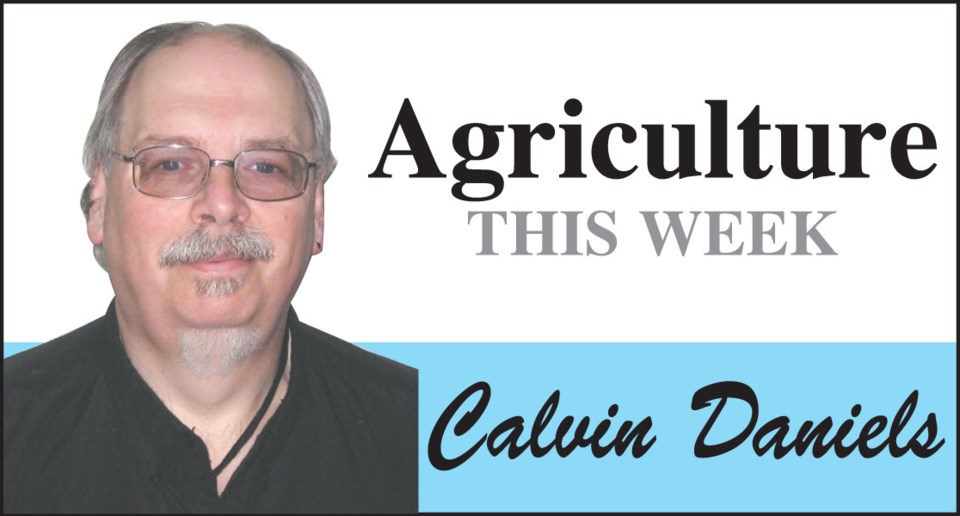It is always interesting to meet up with Kevin Elmy of Friendly Acres Seed Farm at Saltcoats.
In the world of agriculture today most producers march down a rather straight road with a single goal in mind, to maximize production.
While that seems to be the obvious goal for farming, Elmy is taking what poet Robert Frost once termed ‘the road less traveled’.
Elmy looks less at bulk production numbers, and instead says he wants to increase the net return of each acre on his farm.
On the surface it might sound like the same goal, but it doesn’t always work out that way.
Going after maximum production comes with a cost, one that is typically high, and is trending higher.
Such production means pouring the fertilizer to crops, and that comes with a cost.
Elmy wants to use crop rotations to produce nutrient needs for future crops, nitrogen fixed by legumes an example, or to allow natural soil processes to unlock existing nutrients, such as phosphate, rather than simply adding more. He says the effort is working and today he applies no additional fertilizers.
Gross production also typically means continuous cropping, and that can have long term impact on soil health.
Elmy is fine with a third of his land growing crops for green manure, or simply soil health, so his crop mix includes grass and chicory and field radish. It’s a mind shift for farmers today to grow a crop not meant to be harvested in the fall to be sold, but Elmy said long term he feels his soils will be the better for it.
Soils naturally have living organisms as part of its natural systems too. Spraying herbicides and pesticides and using fungicides can kill off good ‘bugs’ in the soil system, so Elmy looks to control weeds through rotation, and avoid applying chemicals.
In the process, Elmy has reduced his cost of production. There is no line on the ledger for fertilizers and a generally smaller one for chemicals. He points out that by reducing costs significantly, he has reduced the risk he faces each year too.
A near crop failure because of severe weather still hurts but he doesn’t have a big fertilizer or chemical bill to pay at least.
It all means he can produce less than a high input neighbour and have a stronger net return with less risk.
Elmy is not unique in his approach, there are others treading the same less taken path, but his apparent success does provide food for thought for the broader industry.
The question becomes simple, can Mother Nature and crops managed well improve the bottom line over maximizing purchased inputs?
Elmy would say yes, and that has to have producers thinking.
Calvin Daniels is Editor with Yorkton This Week.




